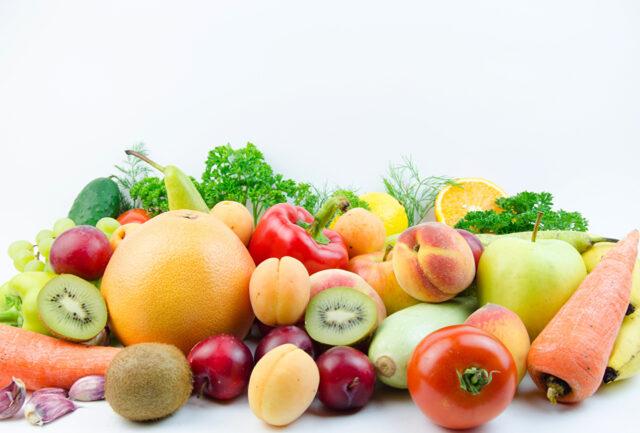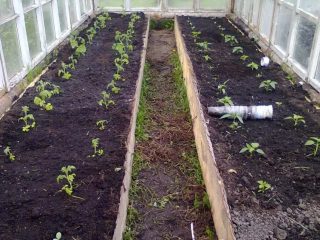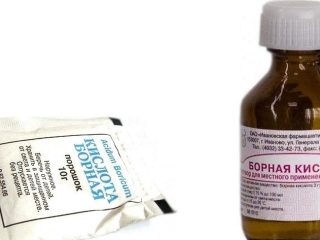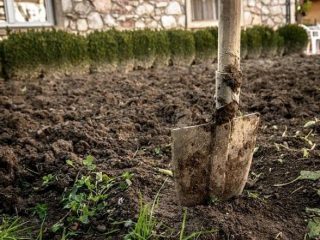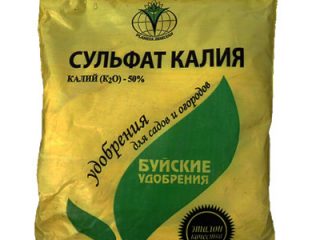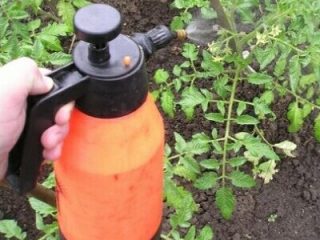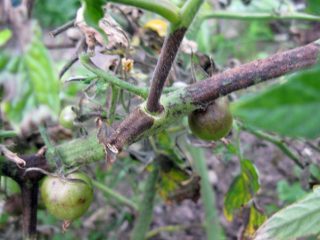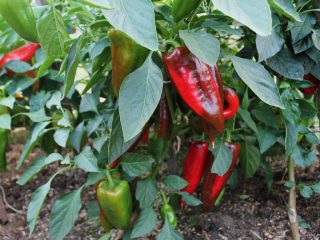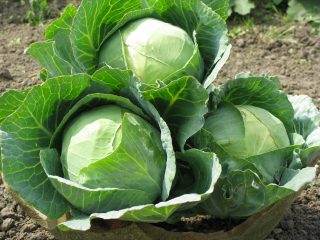Content
Fruits and vegetables are available on Russian shelves all year round. They are consumed independently, used for preparing hot and cold dishes, and as raw materials for the food industry. In all of these cases, products undergo mandatory conformity assessment before being released for sale in the EAEU. During the procedures, it is confirmed that no substances were used in the process of growing, processing, and delivery that could harm humans and the environment.
Mandatory declaration of fruits and vegetables
In terms of technical regulation, fruits and vegetables belong to the category of food products and are subject to two EAEU regulations simultaneously:
021/2011 - contains requirements for quality and safety indicators of all types of food products. Obliges manufacturers and other persons included in the supply chain to implement the principles of the HACCP system at the enterprise.
022/2011 - establishes requirements for the completeness and reliability of information that is present on the food label.In particular, the packaging must contain their name, quantity, date of production (harvest), information about the manufacturer, and shelf life.
For certain categories of goods, additional technical regulations of the Customs Union apply. For example, for fruit and vegetable juices and purees, the provisions of TR CU 023/2011 apply, for products containing food additives - TR CU 029/2012.
Conformity assessment is carried out in the form of a declaration. It can be carried out for mass production (indicating the validity period of the declaration: from 1 to 5 years), or for one batch (with a limitation on the quantity of goods).
What product parameters are checked during declaration?
Conformity assessment according to TR CU 021/2011 involves mandatory laboratory tests of fruits and vegetables. The following sample parameters are checked:
- organoleptic properties (ripeness, appearance, taste, etc.);
- bacterial contamination;
- hygienic safety (content of harmful substances such as lead, arsenic, cadmium, mercury, nitrates, pesticides);
- mycotoxin content;
- absence of antibiotics;
- other.
The exact list of characteristics being tested depends on the type of food product. The results of the examinations are entered into an official document - a test report, one copy of which is given to the entrepreneur.
When declaring serial production, the enterprise additionally carries out production control. It is checked whether the risk management system is built according to the HACCP standard. It involves control of technological operations, documentation, and strict adherence to sanitary and hygienic standards.
Declaration can be carried out for serial production (for 1-5 years) or for a batch (for the shelf life of the product, with a limitation on its quantity).
Phytosanitary certification of vegetables and fruits
If fruits and vegetables are transported across the border of the Russian Federation without preliminary processing and packaging, they require a phytosanitary certificate. This rule is enshrined in the CCC Decision No. 318 of June 18, 2010. The document confirms that the product meets the current quarantine standards.
Assessment procedures are carried out by Rosselkhoznadzor authorities. They include checking the company’s documentation:
- foreign economic contract;
- information about the cargo itself and its route;
- information about the control methods used by the manufacturer.
Laboratory tests of the batch are also carried out. It is determined whether it contains pests or whether the product is contaminated with infectious diseases. If necessary, disinfection is carried out with the execution of the corresponding act.
A phytosanitary certificate is issued for one specific supply. Its validity period is 14 days (for EU countries) or 15 days (for other countries).
Voluntary certification of fruits and vegetables
A voluntary certificate for vegetables and fruits is issued in the assessment system chosen by the entrepreneur himself. It can be obtained after completing the mandatory declaration. The document confirms those properties of the product that the entrepreneur himself considered necessary to highlight, for example:
- appearance;
- taste;
- ripeness;
- absence of impurities in the batch;
- absence of damaged or inappropriate elements;
- other.
Product samples undergo laboratory tests, based on the results of which a protocol is drawn up.The identified properties of the samples are compared with standard values, which are established by the technical documentation of the enterprise.
The quality certificate is valid for no more than 3 years. During this period, the entrepreneur receives the right to use special markings. The document is a competitive advantage for the holder when concluding large supply contracts, participating in procurement procedures and developing new sales markets.
How is the declaration of vegetables and fruits carried out?
The procedure for declaring food products is regulated by TR CU 021/2011. The procedure includes:
- collection of documentation package for the product and its manufacturer;
- checking documentation for compliance with legal requirements;
- sampling of products, their research in the laboratory;
- inspection of production for compliance with HACCP principles.
After completing these procedures, the entrepreneur independently registers the declaration. To do this, he fills out an electronic application, attaches test reports to it, and certifies it with an enhanced digital signature. Documents are sent for consideration by RosAccreditation through the personal account of a company or individual entrepreneur on State Services.
Based on the results of document verification, Rosakkreditatsiya assigns a unique number to the declaration and registers information about it in the Unified Register. From this moment on, the entrepreneur receives the right to legally sell food products on the territory of the EAEU.
